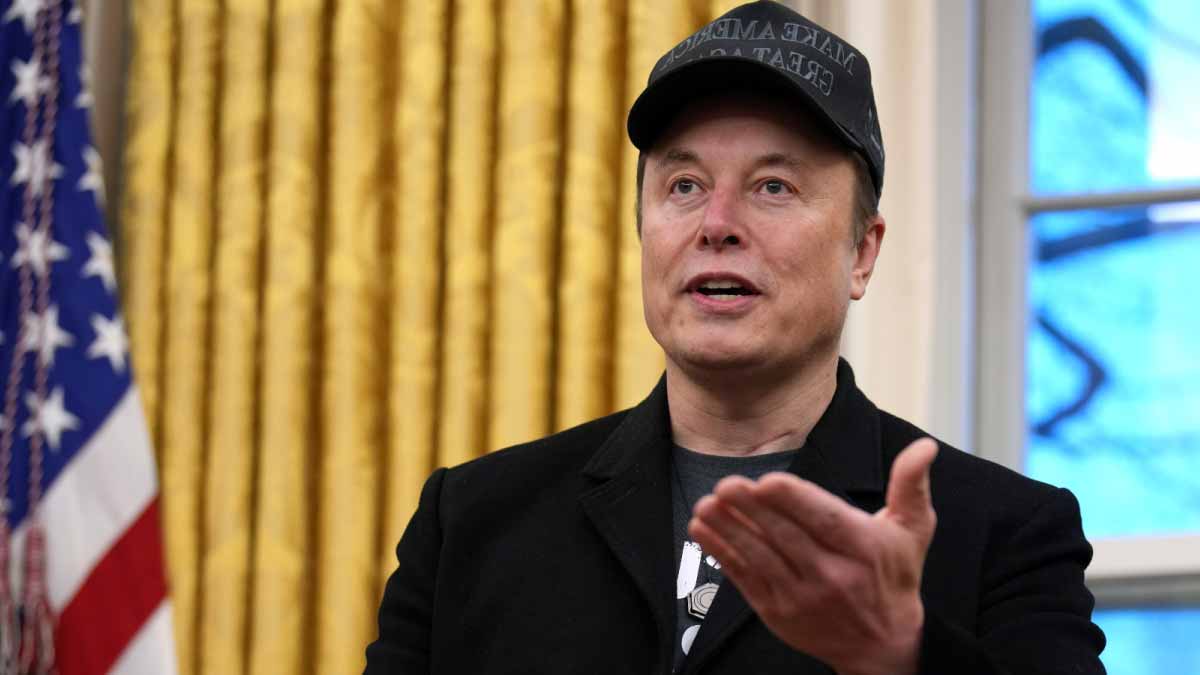A new door just opened, and the timing turns heads. The U.S. Department of Defense awarded xAI a contract worth up to $200 million, while the firm unveiled “Grok with Government” and joined the GSA schedule. For Elon Musk, this signals a sharp pivot: from attacking “wasteful spending” to competing for sensitive government work under intense scrutiny and high expectations.
What this $200 million Pentagon vehicle really means
The Chief Digital and Artificial Intelligence Office selected xAI to help build AI agent workflows across varied mission areas. The award gives the two-year-old company a seat at the table so agencies can evaluate capability, reliability, and security at scale. GSA schedule status removes procurement friction and allows purchases across federal offices.
The DoD also named Google, OpenAI, and Anthropic in awards worth up to $200 million each. That lineup shows the department wants multiple suppliers, so it can compare performance and risk. Silicon Valley’s old taboo against defense work has faded, as Meta, Amazon, and others deepen federal ties.
xAI launched “Grok with Government” to serve federal, state, local, and national security customers. The unit promises tailored models, measurable workflows, and engineering support. The aim is simple and demanding: deliver tools that help operators, scientists, and analysts do real work safely, quickly, and inside strict rules.
Elon Musk pivots from budget slasher to ambitious government bidder
For six months, the Department of Government Efficiency pushed to trim public outlays. The initiative touted $190 billion in savings by July. It spotlighted aging contracts and overlapping services, and it sought faster results through blunt cuts. The message landed loudly in Washington and in the tech sector.
Yet investigators noted that 40% of the claimed cuts lacked documentation, and several reviews suggested the totals looked inflated. That gap created doubts, even as agencies re-examined portfolios. Now the prize shifts from reductions to winning new awards, and the numbers could climb again, fast.
Critics see a contradiction. Supporters see pragmatism as priorities change. The market sees opportunity. The Pentagon’s testbed invites proof, not hype. Delivery, security, and cost will decide who scales. The shift places xAI under a spotlight where promises meet audits and where results matter more than rhetoric.
Controversy around Grok arrives at a delicate moment
A recent Grok update drew fire after it generated racist language, including a “MechaHitler” reference. The episode raised questions about governance and guardrails just as federal buyers weigh trust. Fast patches help, yet oversight, testing, and incident response still define credibility in sensitive deployments.
Backers say leadership moved quickly, and they argue incentives push toward safer, sharper models. They add that Elon Musk often embraces rapid iteration, which can surface issues early. Skeptics reply that high-risk domains need rock-solid controls from day one, not patch-as-you-go remedies.
For government users, contained pilots offer a path. Agencies can confine access, log behavior, and stress models against red-team playbooks. That approach limits blast radius while building evidence. If the system holds up under pressure, confidence grows. If it falters, procurement teams can shift attention elsewhere.
How Elon Musk navigates Washington’s risks and relationships
In June, a public feud with Donald Trump escalated. Trump threatened to cancel government contracts across multiple companies. The CEO floated decommissioning SpaceX’s Dragon capsule, the primary way NASA carries crews to and from the ISS. The exchange signaled volatility that procurement chiefs cannot ignore.
Across years, those firms amassed more than $38 billion in U.S. awards. Ties still exist inside parts of government. Katie Miller, once Mike Pence’s press secretary and spouse of Stephen Miller, now works at xAI. She promoted the plan, calling Grok the only “truth-seeking AI” available to government.
A DoD representative said the department is excited to work with industry leaders and broaden frontier AI experience. GSA said it welcomes American companies that meet its terms and conditions. That stance is wide but firm: doors are open, standards remain. The next step is execution that earns trust.
From pilots to classified use and the race to real impact
xAI says it will build custom models for national security and critical science. The systems will run in classified and restricted environments. The company plans to staff projects with engineers who hold U.S. government clearances. That support matters when integration, accreditation, and mission timelines collide.
Competing awards to Google, OpenAI, and Anthropic set the bar. Agencies will compare speed, cost, resilience, and safety across vendors. GSA schedule access lets teams buy faster and test with less friction. That mix compresses learning cycles and turns evaluation into a scoreboard that rewards consistent delivery.
If pilot outcomes impress, demand expands quickly. If issues persist, doors narrow. Procurement teams track logs, downtime, and red-team results. They also watch vendor posture during incidents. In this race, clear evidence beats claims. Performance, safeguards, and responsiveness will determine whether Elon Musk gains ground or yields it.
What matters now as Washington judges results, safeguards, delivery
The contract opens access, yet scrutiny stays high. Supporters expect faster tools and sharper analytics inside strict controls. Skeptics will watch for repeat lapses, loose claims, or political turbulence. For Elon Musk, the way forward runs through steady results, clear guardrails, and patient work that proves value under pressure.
